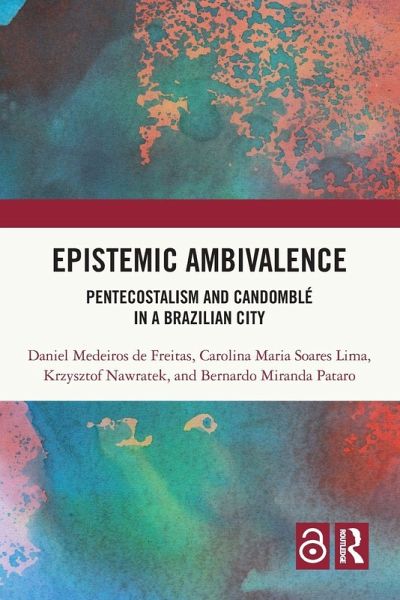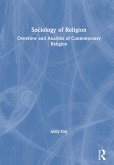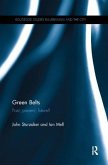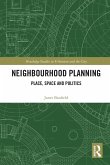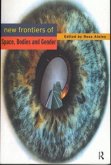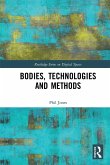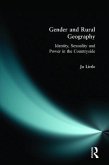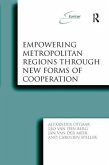"Epistemic Ambivalence: Pentecostalism and Candomblé in a Brazilian City" offers a fascinating and nuanced account of Candomblé and Pentecostal churches in Belo Horizonte, Brazil. By exploring the parishioners' sense of place and especially their appeals to various sources of epistemic capital, this transdisciplinary work challenges conventional theories of urban spaces and makes an intriguing contribution to larger discussions in the study of post-secularism as well as decolonial urban theory. It will necessarily be appealing to a range of scholars in urban theory and religious studies."
-Jason Ananda Josephson Storm, Professor of Religion, Chair of Science & Technology Studies, Williams College
"Epistemic Ambivalence: Pentecostalism and Candomblé in a Brazilian City is a necessary disruptor to the field of Religious Studies. From its collaborative, inclusive and interdisciplinary composition to its embrace of new spacial, material and epistemic models, the authors have given us an exemplar of decolonisation and inclusivity. Not merely an account of religious diversity and change, Epistemic Ambivalence is an example of how the study of religion itself must change."
-Dr David Robertson, The Open University
"This book presents and demonstrates a new framework for analyzing the presence of religion in urban spaces. It questions the popular sacred-profane dialogue and inaugurates a new type of engagement based on the repertoire or epistemic capital of city dwellers in Brazil. This is a very sensitive and sympathetic approach to the study of lived experiences of the urban population. The result is a refreshing analysis that navigates epistemic ambivalences with internal understanding. It is a book that will remain popular for a long time."
-Olufunke Adeboye, Professor of History & Dean of Arts, University of Lagos, Nigeria
-Jason Ananda Josephson Storm, Professor of Religion, Chair of Science & Technology Studies, Williams College
"Epistemic Ambivalence: Pentecostalism and Candomblé in a Brazilian City is a necessary disruptor to the field of Religious Studies. From its collaborative, inclusive and interdisciplinary composition to its embrace of new spacial, material and epistemic models, the authors have given us an exemplar of decolonisation and inclusivity. Not merely an account of religious diversity and change, Epistemic Ambivalence is an example of how the study of religion itself must change."
-Dr David Robertson, The Open University
"This book presents and demonstrates a new framework for analyzing the presence of religion in urban spaces. It questions the popular sacred-profane dialogue and inaugurates a new type of engagement based on the repertoire or epistemic capital of city dwellers in Brazil. This is a very sensitive and sympathetic approach to the study of lived experiences of the urban population. The result is a refreshing analysis that navigates epistemic ambivalences with internal understanding. It is a book that will remain popular for a long time."
-Olufunke Adeboye, Professor of History & Dean of Arts, University of Lagos, Nigeria

